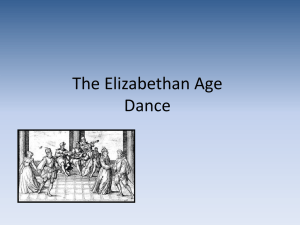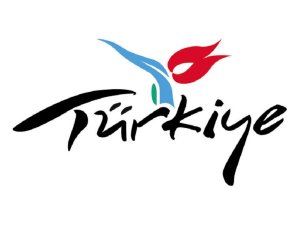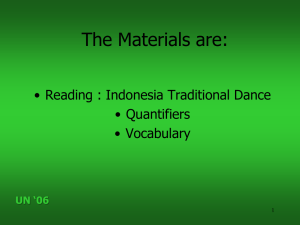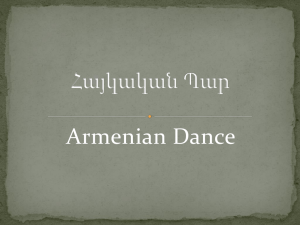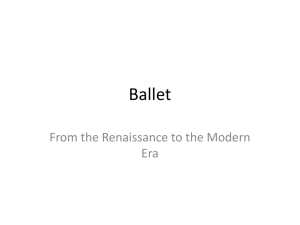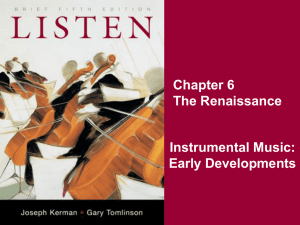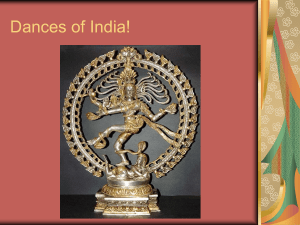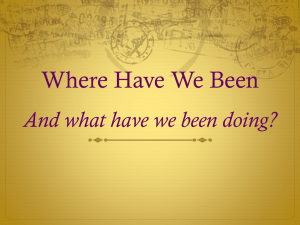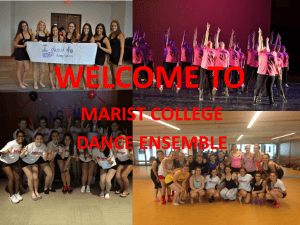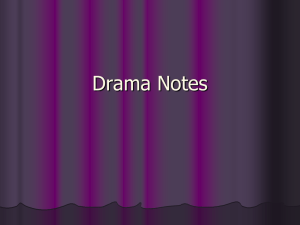Folk Dances: Types, Classification & Philippine Examples
advertisement
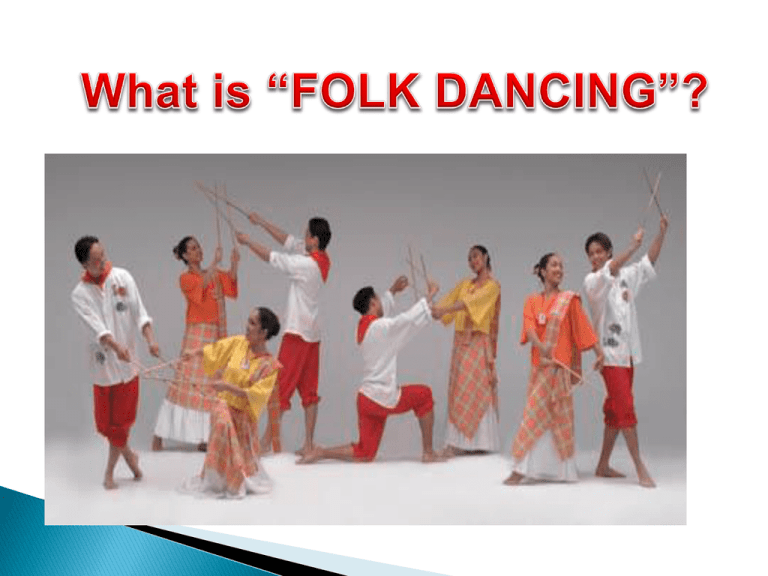
Folk dances are the traditional social dances of ethnics groups, rural or urban from all over the world. Social dances are participatory dances done at weddings, parties, and other gatherings. 1. National and Regional dances 2. Occupational dances 3. Religious and Ceremonial dances 4. Courtship dances 5. Festival dances A. Geographical origin 1. National dances – found throughout the islands with little or no modifications. 2. Local dances – found in specific locality B. Nature 1. Occupational dances- depicts actions of labour or of a specific occupation. 2. Religious ceremonial dances – dances with religious vows and ceremonies. 3. Comic dances – depicts funny movements intended for entertainment. 4. Game dances – done with play element. B. Nature 5. Wedding dances – performed during wedding feast. 6. Courtship dances – depict the act of courtship or dances with love themes. 7. Festival dances – suitable for special occasions or any social gatherings. 8. War dances – show imagery of combat or duel. C. Movements: 1. Slow 2. Slow and Fast 3. Moderate 4. Active – shows fast energetic movements D. Formation 1. Square or quadrille 2. Long formation 3. Set – consist of two or more pairs as a unit facing each other or standing side by side. E. Special classification – group dances with special distinctive features 1. 2. 3. 4. Dances with songs Old ballroom dances Dances with implements Dances with combined rhythm Philippine dances 1. Pandanggo sa Ilaw 2. Tinikling 3. Maglalatik 4. Carinosa 5. La Jota Manilena 6. Sakuting 7. Pantomina 8. Banog 9. Salisid 10. Palok Origin Mindoro National Laguna Panay Manila Abra Sorsogon Cordillera Kalinga Kalinga
